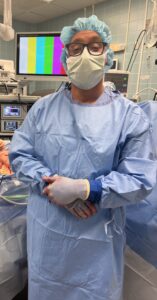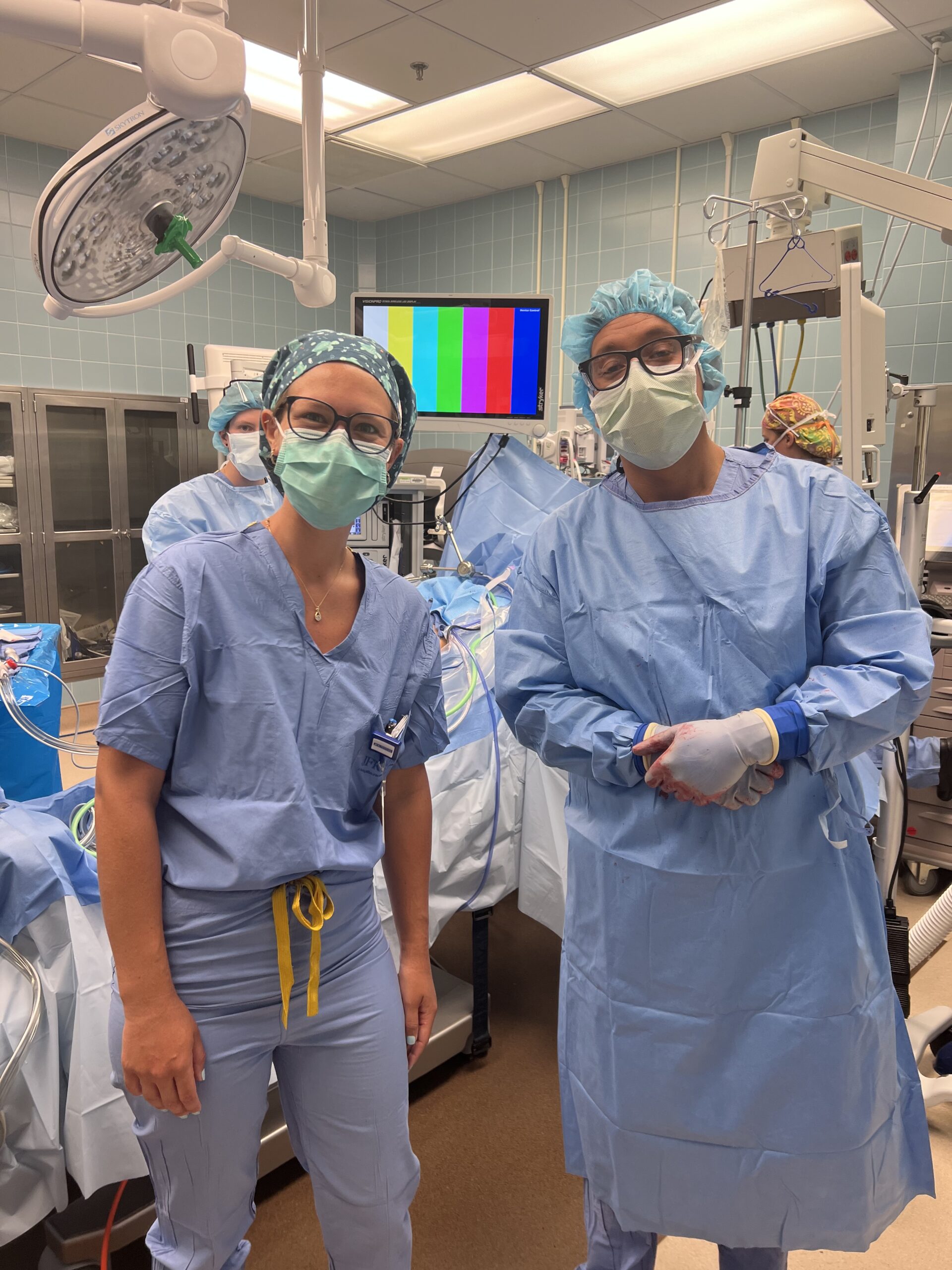 We greatly appreciate and value all of our SpecialtyCare Surgical Assist employees. In honor of Surgical Assist Week 2022, we’re highlighting one of our Clinical Managers, John Martinez, whose work upholds our mission and vision. He discusses what led him to healthcare and what a typical day in his role looks like while sharing valuable advice and memorable moments from his career.
We greatly appreciate and value all of our SpecialtyCare Surgical Assist employees. In honor of Surgical Assist Week 2022, we’re highlighting one of our Clinical Managers, John Martinez, whose work upholds our mission and vision. He discusses what led him to healthcare and what a typical day in his role looks like while sharing valuable advice and memorable moments from his career.
How long have you been a Surgical Assist Clinical Manager?
I’ve been with SpecialtyCare since June of 2019. Currently, I’m the clinical manager of the SA group at JFK Main and JFK North. I’m part of the Palm Beach team, but I also support Broward and St Lucy.
What led you to become interested in Surgical Assist, and can you describe the path you took?
I decided to become a surgical first assistant when I moved to the US. I found out about the role from a friend who works in the field. I’m an FMG from Venezuela, and I gained valuable surgical experience back in my home country. Therefore, I wanted to keep doing what I love here in the US and decided to get certified as a surgical first assist through ABSA. Best decision I ever made!

Martinez with team member Lauren Moir PA-C
What are the benefits of a career in Surgical Assist?
As a SFA, we have a significant impact on society. I feel proud of the work I do every day since my knowledge is genuinely helping people live healthier and better lives.
What is the day in the life of a Surgical Assist Clinical Manager typically like?
A typical day of a SFA starts very early in the morning. I usually get to the hospital early to prepare for my cases by ensuring the OR is ready for us. Moreover, I check that my PT is optimized for surgery to prevent any delays or complications in the OR. I’m the kind of guy who likes to listen to good music while working, so I also bring my speakers. After surgery, I make sure the PT is transferred safely to PACU.
What communication advice would you give when it comes to working successfully in a team dynamic?
Working as part of a big group requires good communication, which is critical in preventing any adverse outcomes, whether it’s covering cases or taking care of PT. Teamwork is also an essential skill to have to be part of our group.
What was a surprise to you about the career when you first started?
Something that surprised me when I started this job was how much surgeons rely on us and our skills. I truly believe that we make a huge difference when it comes to surgical outcomes since we specialize in only doing surgery. This makes us a vital part of any surgical service, attracting many surgeons to our hospitals.
What has been a memorable moment or story you’d like to share from your career?
Something I remember all the time was the day John Peyton called me to congratulate me for my hard work. It’s nice to know that my hard work is noticed and that people high up are aware of what we do every day.